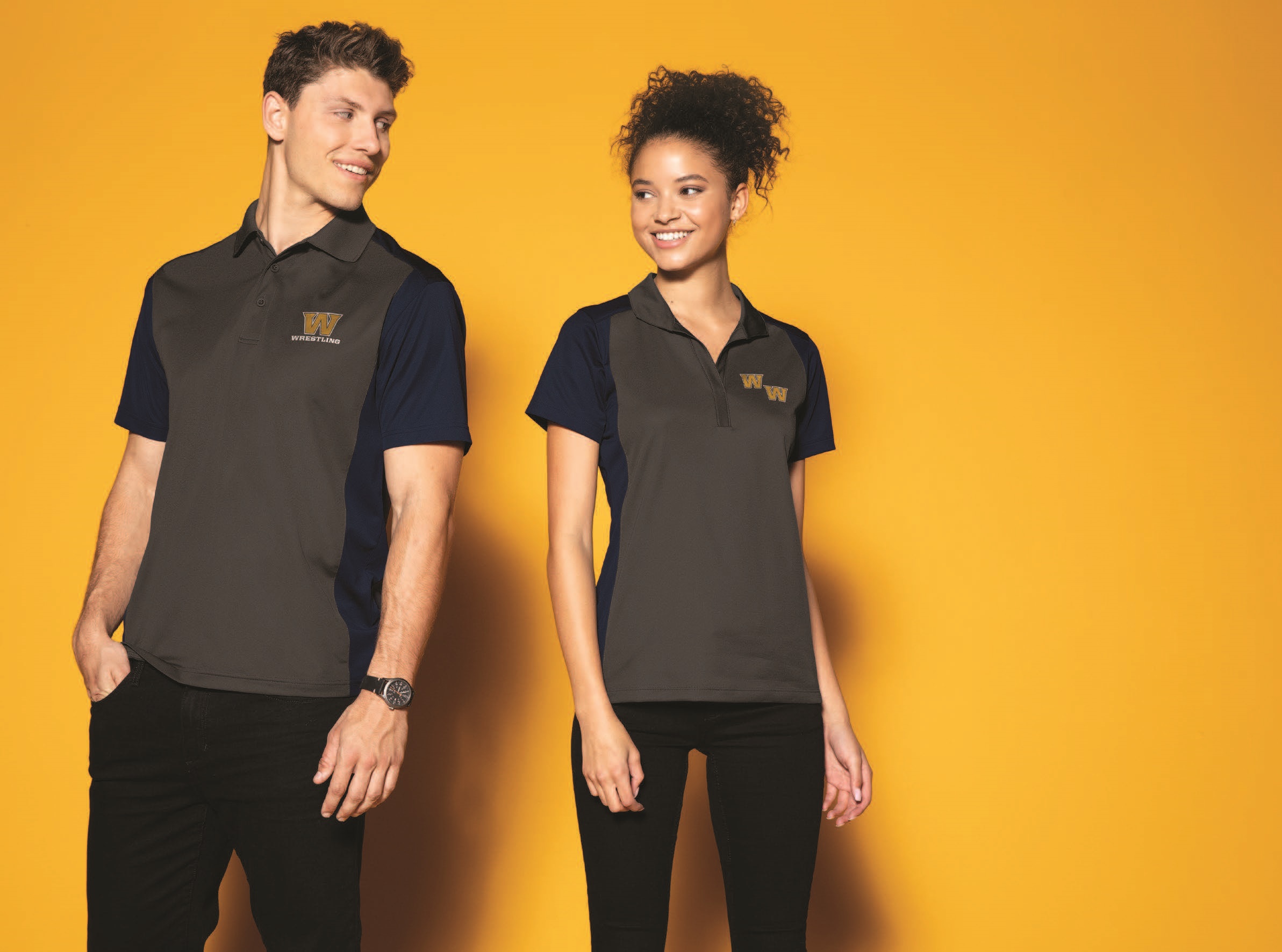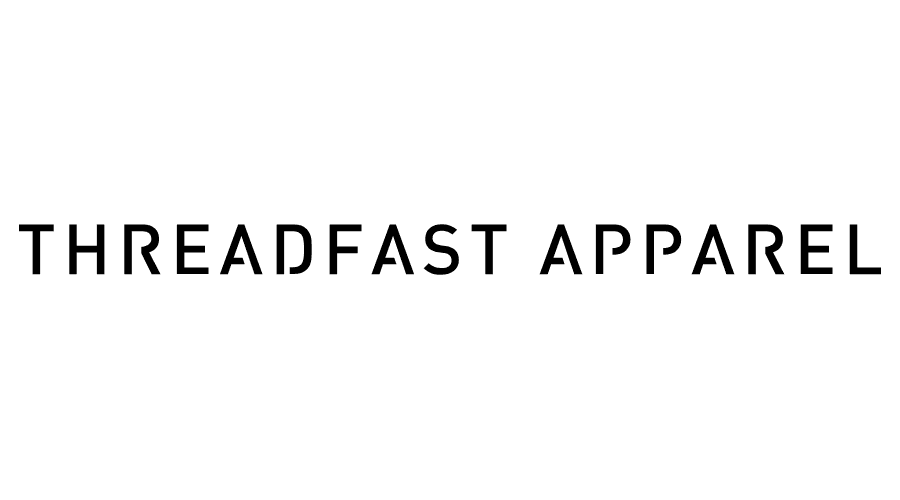Not For Sale, a non-profit watchdog group that monitors human trafficking and modern-day slavery, released a revealing report this week on slavery in the apparel industry, featuring supply chain ratings for more than 300 brands. Modern-day slavery, which currently affects more than 30 million people, is used throughout the production of many clothing products sold on U.S. shelves. The report, “Apparel Industry Trends: From Farm to Factory,” uses publicly available information and data self-reported by companies to rate how brands are addressing child and forced labor in their supply chains.
As U.S. sales for Fair Trade Certified products grew 75 percent in 2011, consumers increasingly want to know the impact behind their purchases. The global slave trade is complex and product supply chains remain opaque, making it difficult for even the most informed consumers to know how their purchases are connected to labor abuses. Not For Sale makes the rankings available to shoppers online and through a smart phone application, Free2Work, as a tangible way to advocate against modern-day slavery in day-to-day life.
“To create true breakthrough in the fight against slavery, we need systemic change,” said David Batstone, president and co-founder of Not For Sale. “Free2Work and the Apparel Industry Trends Report equip everyone to advocate for that change and make it a part of their everyday life.”
The report released in a presentation on Nov. 13 in Ankara, Turkey at the United Nations General Assembly expert group meeting on “Human Trafficking & Global Supply Chains.” The meeting included corporate, government, labor union and NGO leaders from around the globe. It is the first comprehensive report on forced and child labor in international supply chains.
Not For Sale created the report to urge the clothing sector forward by offering best-practice examples from industry leaders. It also points out brands that are fueling modern-day slavery through their negligence: Carter’s, Quiksilver, Walmart and Aramark all receive “D” or “F” ratings and need to make significant improvements.
Ratings only indicate how companies are addressing the particular issue of modern slavery and do not reflect the overall measure of general supply chain working conditions. For example, while Adidas receives a “B,” campaigning is currently underway in response to the company’s refusal to pay over a million dollars in wages owed to Indonesian workers.
This is Not For Sale’s first full-length Free2Work report, and the organization has plans to release similar industry trend reports in upcoming months. To date, Not For Sale has released indepth grades and profiles on over 500 brands in industries like apparel, food and electronics.
Click here to view the report and become a smart consumer.



